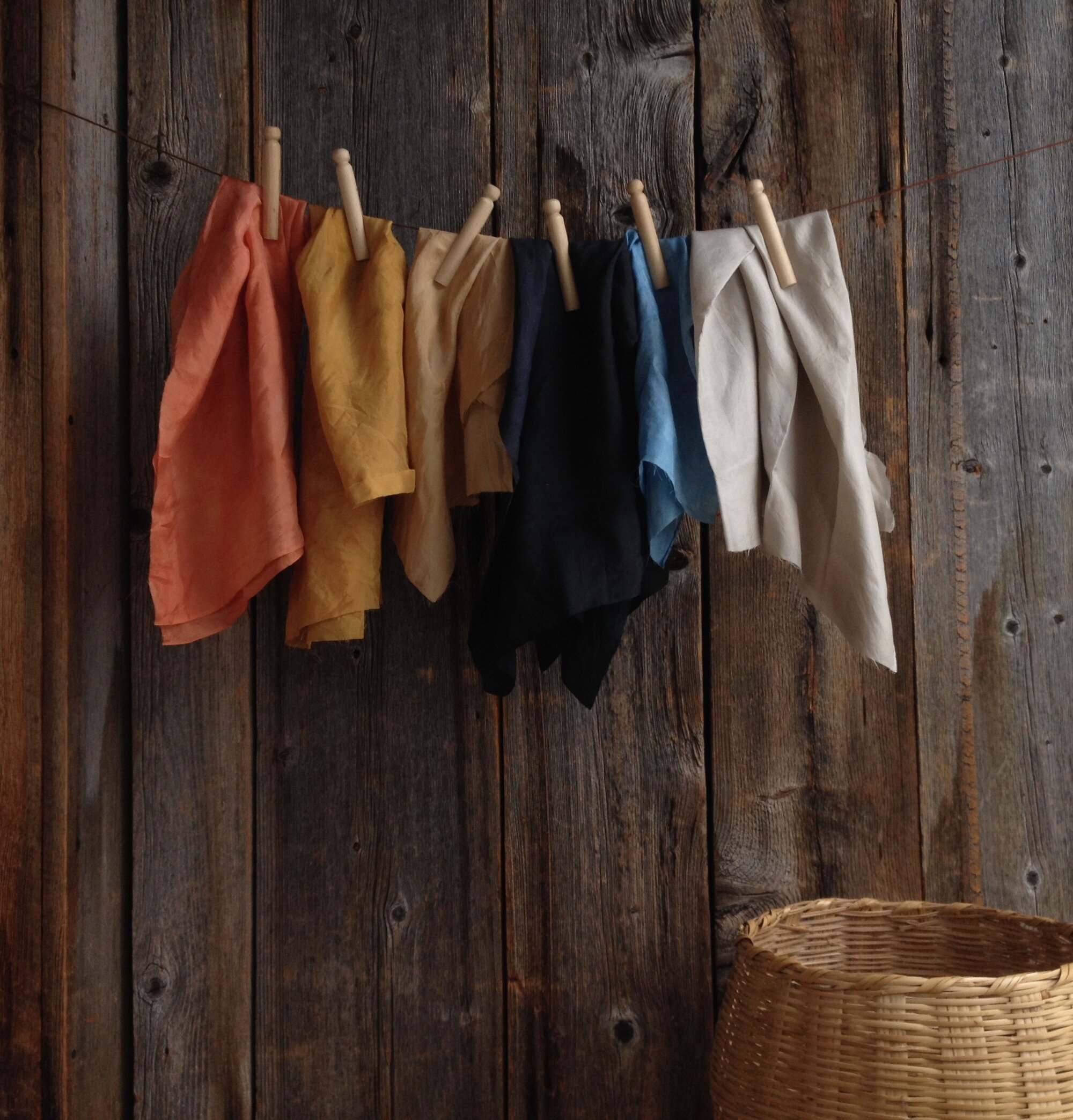
Jessica Lewis Stevens | Sugarhouse Workshop
I don’t remember when I first stumbled upon the magical woodland scenes that fill up the instagram account of Jessica Lewis Stevens, but I remember being immediately captivated. Hers was a world I wanted to dive into—and her photos were so evocative, I practically felt like I had. In this interview, Jessica answered my questions about living in a rural place, her connection to commercial goods from the perspective of a small business owner, and her philosophy on kids and their ‘stuff’, among other things.
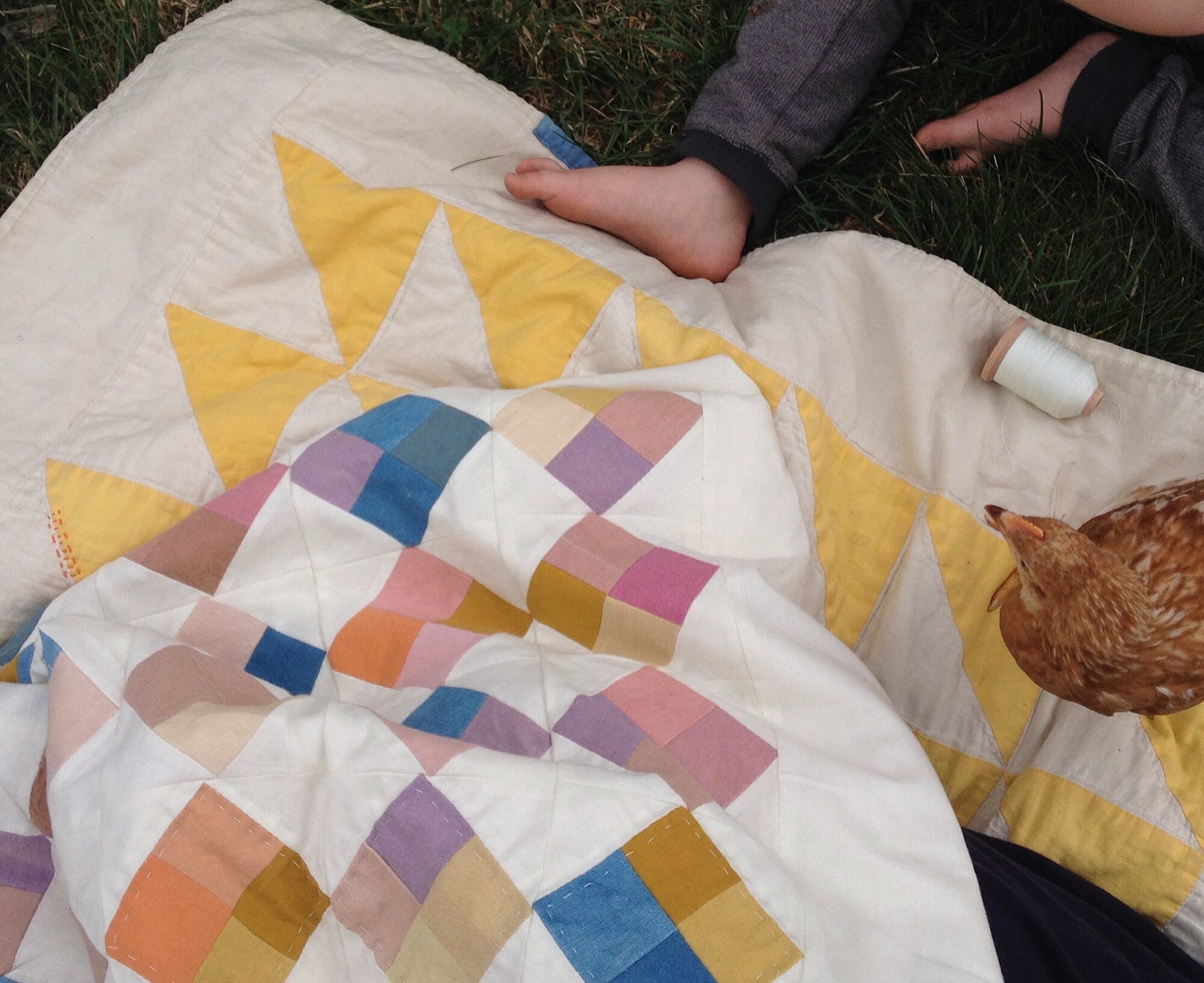
Erin: Can you tell Reading My Tea Leaves readers a bit about yourself and your work?
Jessica: I live with my husband and young son (with a baby on the way!) in southern Vermont where we tend to our garden and chickens and otherwise work hard to live well. I am the maker behind Sugarhouse Workshop, a small handmade brand that focuses on heirloom-quality quilts made with naturally dyed fibers. I also use natural dyes to make cheerful and useful goods like buntings, play silks, bags, and blankets. The work I make for my home and shop reflects my efforts to make intentional, non-disposable objects and to foster both a meaningful and whimsical connection with the natural world around us.
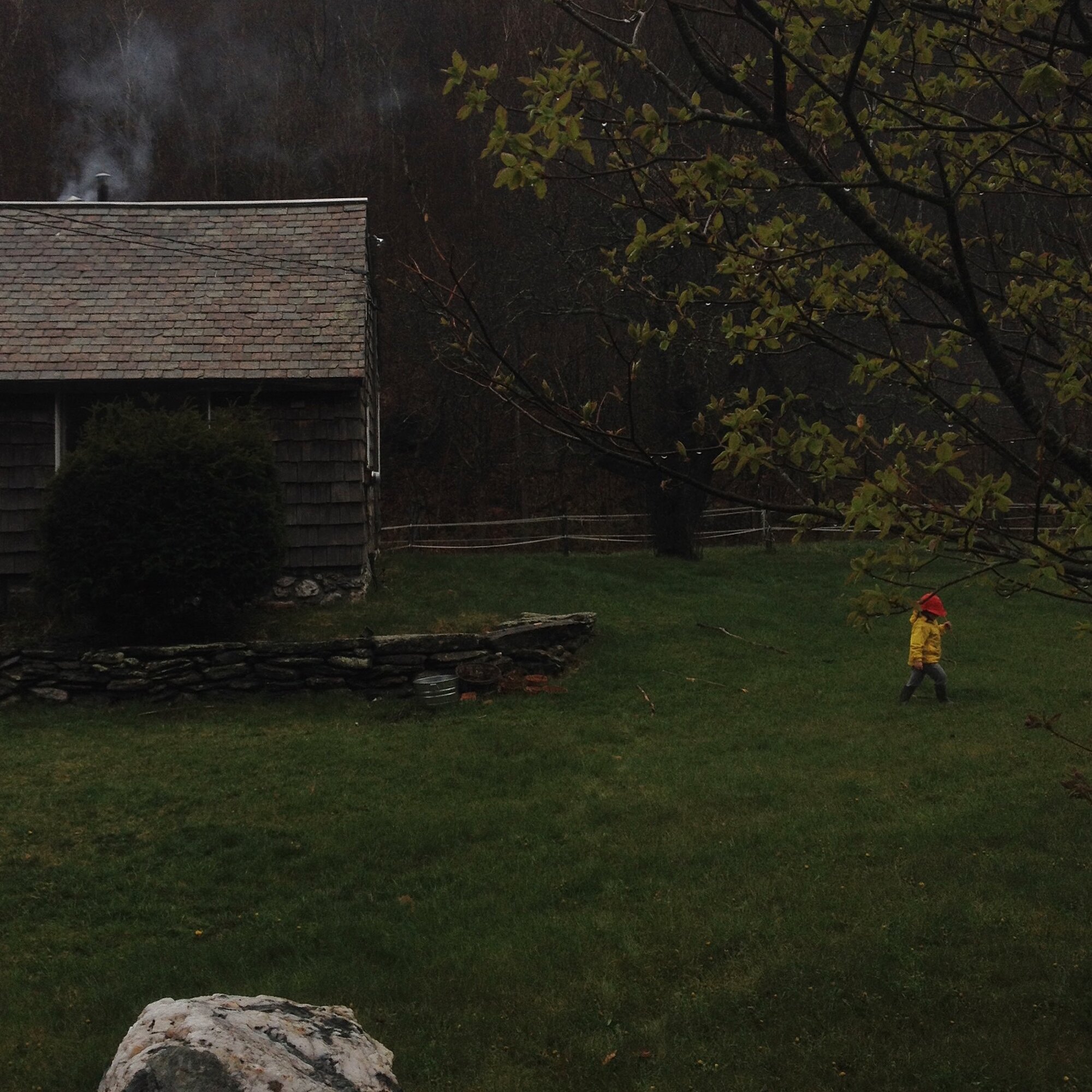 Erin: You live on a self-described homestead. Have you always lived in a rural place? What are your favorite aspects of living in a secluded spot? What’s a challenge?
Erin: You live on a self-described homestead. Have you always lived in a rural place? What are your favorite aspects of living in a secluded spot? What’s a challenge?
Jessica: I grew up in upstate New York and lived for the most part in a rural setting, so it’s certainly where I feel most comfortable. I spent some time during college and grad school in Philadelphia and Buffalo, but my husband and I chose to settle down in Vermont soon after our son arrived. There’s so much to love; we get to be constantly immersed in the changing seasons, we have access to really incredible, thoughtfully produced food, and our children get to spend all the time they want outdoors. The biggest challenge is something I would say has really become another benefit: Living on a mountain miles from town means we just don’t have access to anything in an impulsive (or even convenient) way. But as a result of this, I’ve really deepened my understanding of what our needs are as a family and how to fulfill them in the most conscious way. Instead of ordering take out or running to the store like we could in the city, I’ve learned I have to plan and prepare our meals carefully and therefore I think a lot about what we eat, how it’s made, and where it comes from. The same goes for toiletries and clothing and toys and nearly everything else we use. There’s nowhere easy to get these things, so it gives me the time and motivation to do my research and figure out how best to meet those needs in a sustainable and thoughtful way.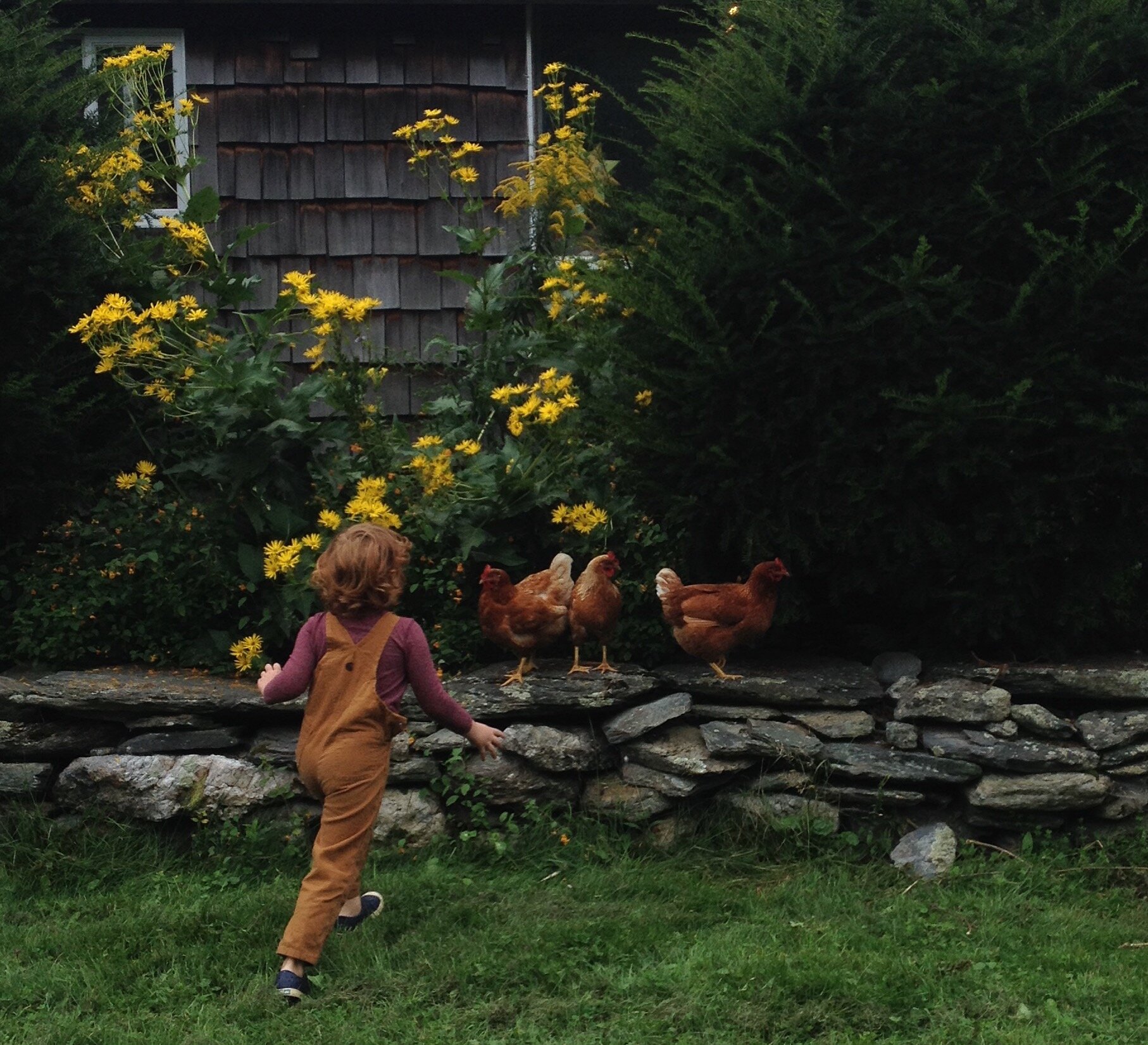
Erin: Glimpses of your life reveal a deeply colorful environment, but lots of that color comes from things found in nature. How would you describe your relationship to the outdoors and how does it impact your life indoors?
Jessica: We spend so much of our time outdoors three seasons of the year, and I find the impact of that especially present in the day to day rhythms with my son Henry, and in my work. In spring, we’re out preparing and planting the garden and bringing in bits of nature that mean winter is finally over. In summer, we spend lots of time in the garden, swimming in the pond, and hunting for edibles and dye plants in the forest. Our indoor life becomes sort of secondary until it’s time to bring in the harvest and we spend time putting food up and turning those plants into teas and dyes. In autumn, there are plenty of dye pots to be simmered, cider-making, baking, and long crunchy walks.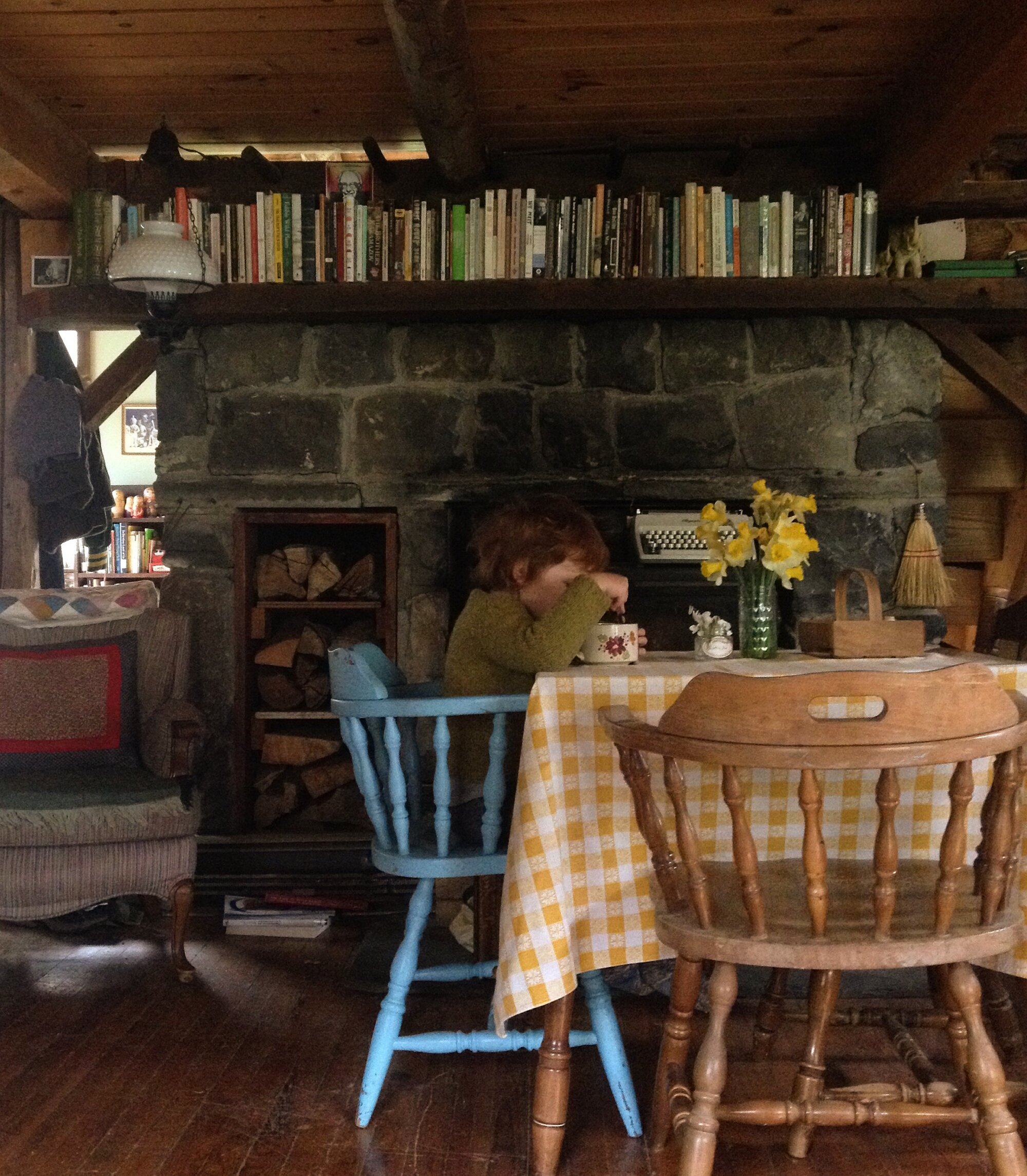
It’s around that time that we all start to feel the pull inwards, and our indoor life becomes more rich with projects and preparations for winter and for me, lots more sewing, quilting, and knitting. The change of each season always feels exciting because it means real shifts in our days both indoors and out.
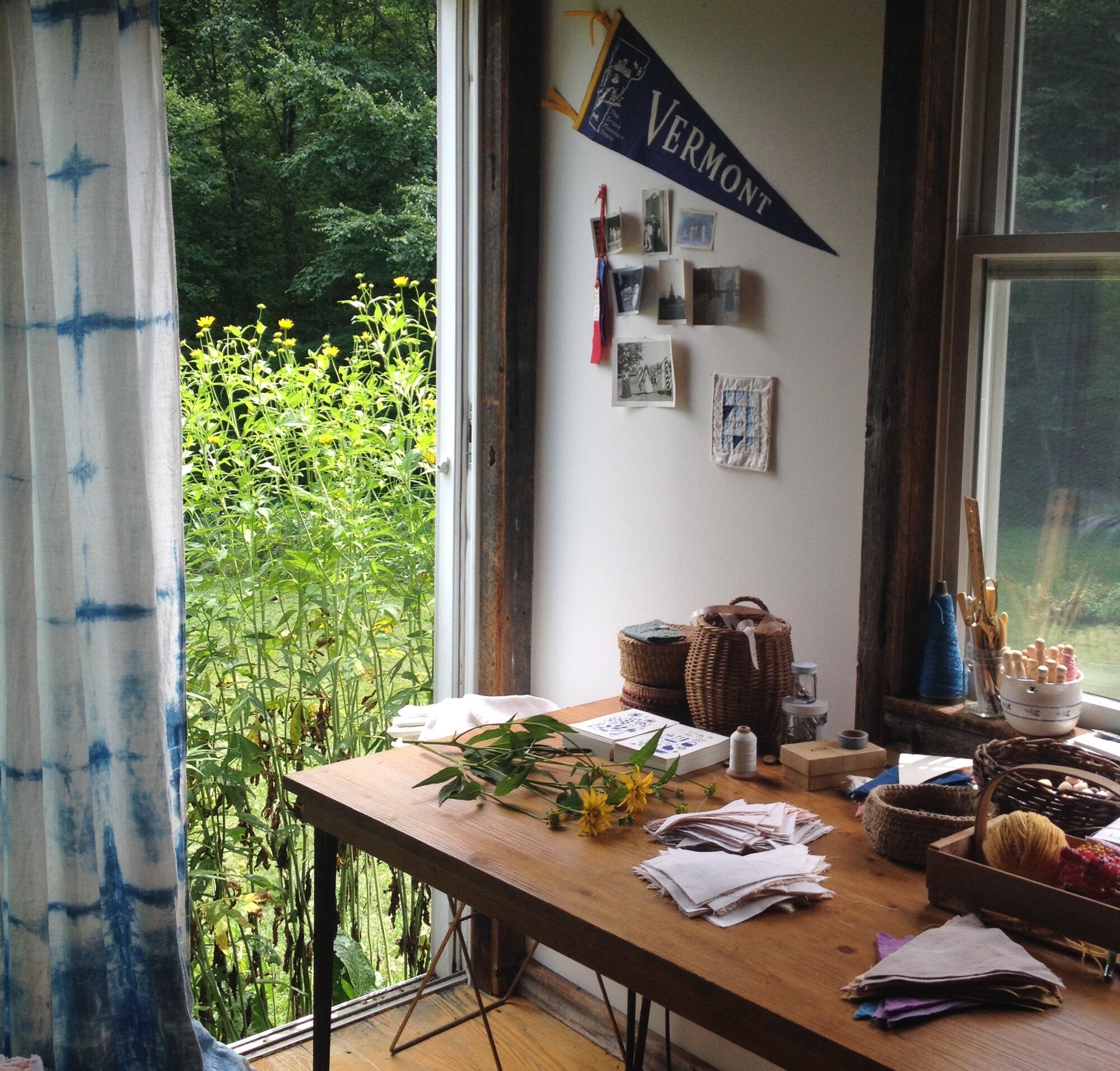 Erin: As a quilter and crafter, part of your work is to make things for other people to purchase and enjoy. Do you feel like you have a unique relationship to commercial goods? What are your own purchasing habits like, especially living in a remote place?
Erin: As a quilter and crafter, part of your work is to make things for other people to purchase and enjoy. Do you feel like you have a unique relationship to commercial goods? What are your own purchasing habits like, especially living in a remote place?
Jessica: I do feel like my relationship to commercial goods and consumption in general has changed and evolved considerably as I’ve grown into making for a living. As I mentioned earlier, everything we buy is thoroughly considered, and I find myself wanting to buy less and less in general as my understanding of modern manufacturing processes, as well as traditional ways of doing things, increases. This is especially true when it comes to clothing, toys, and our soft goods. I’ve learned with a few tricks and skills there aren’t very many clothes we have to buy, and when we do, we rely on handmade and otherwise small, ethical brands. I’ve learned that when we purchase things that are well-made, have a story, or show the signs of hand-making, we treat them better and they last considerably longer.
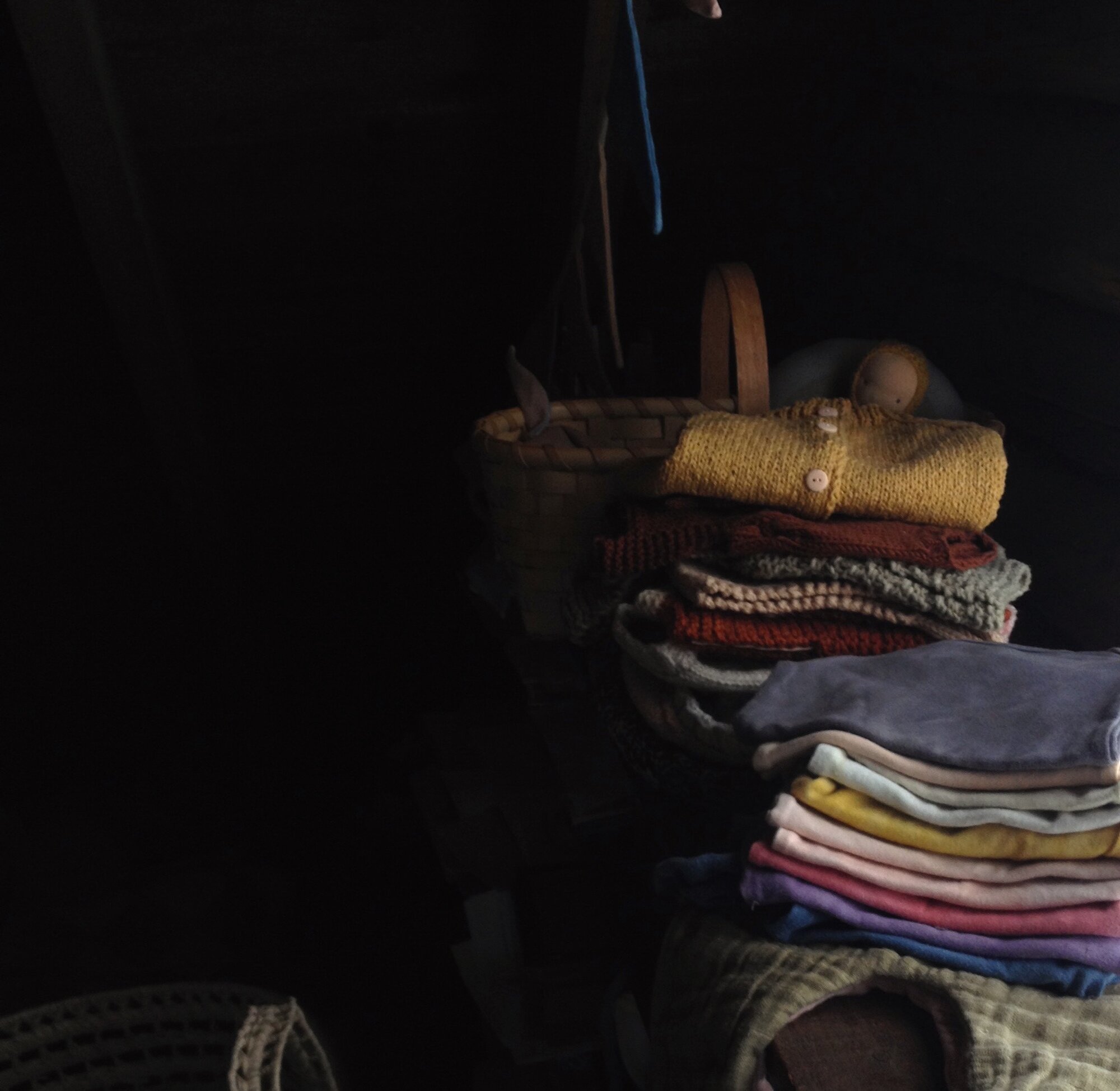
Erin: It looks as though you’re always immersed in a new project. As someone who’s so good at making things for yourself, do you ever feel like you end up with more than you need?
Jessica: I find that time and again our needs are really the greatest “muse” to my work; most of what I produce for my shop came first from something I wanted or needed for our home, and then evolved into something I could offer to other folks. Our cabin is tiny, so there’s nowhere for me to keep things we don’t specifically need and use – something I consider a major benefit to living in a small space. For my shop and custom projects, I acquire materials in small amounts so I don’t end up with too much in my small work space, and because of the nature of my collections being very limited and often seasonal, I don’t have any back stock to store. It’s a system that works well for me to limit the “stuff” I have in general, and it allows me to stay on top of what we need without making too much of any one thing.
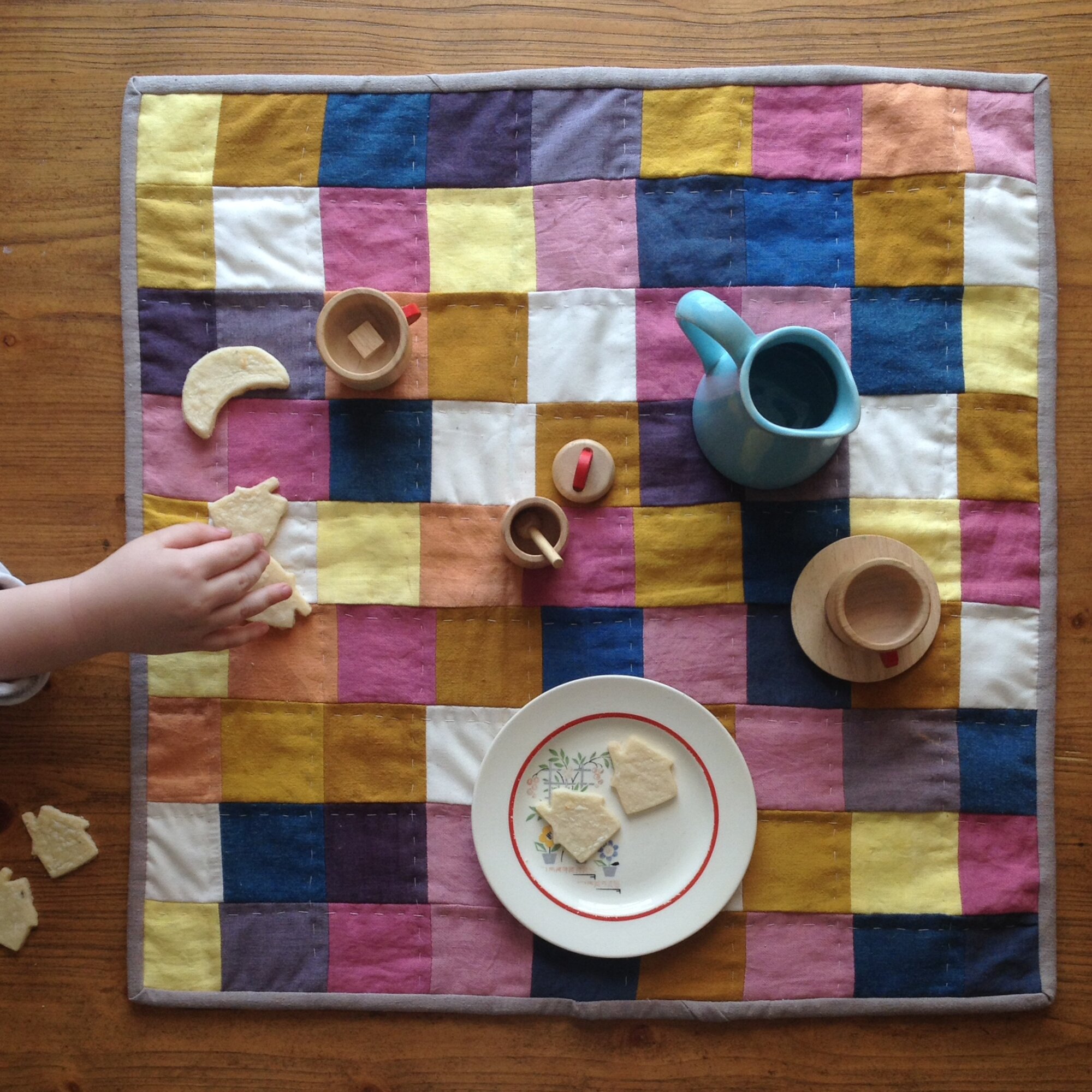 Erin: When you describe your quilting you write, “ I think children deserve functional, beautiful, and well-made objects in their lives and in their play…”. What do you think are the best ways parents can seek out those kinds of items for our children? Do you have any tips for parents who are hoping to do that?
Erin: When you describe your quilting you write, “ I think children deserve functional, beautiful, and well-made objects in their lives and in their play…”. What do you think are the best ways parents can seek out those kinds of items for our children? Do you have any tips for parents who are hoping to do that?
Jessica: This is an idea that’s really important to me both in what I make and how I collect items for our own home. I think sometimes parents worry that investing more in their children’s toys or bedding isn’t wise because they’ll soon outgrow or tire of it, or they won’t be able to maintain them effectively. In my experience, children are just as capable of appreciating and understanding well-made items as adults. My son gravitates toward toys made from natural materials, and the open-ended nature of those toys (like play silks, wooden figures and blocks, quality art supplies) mean they last long past a particular phase or age group. It also gives us as parents the opportunity to teach them about caring for their belongings in a way that can often be fun for little ones. Henry enjoys polishing his wooden toys with beeswax and coconut oil, or washing his play silks in the sink. When his quilt needs mending, he picks a new color for the patch. It instills a sense of pride in what they own that I think can lay the groundwork for making good purchasing decisions in their own lives.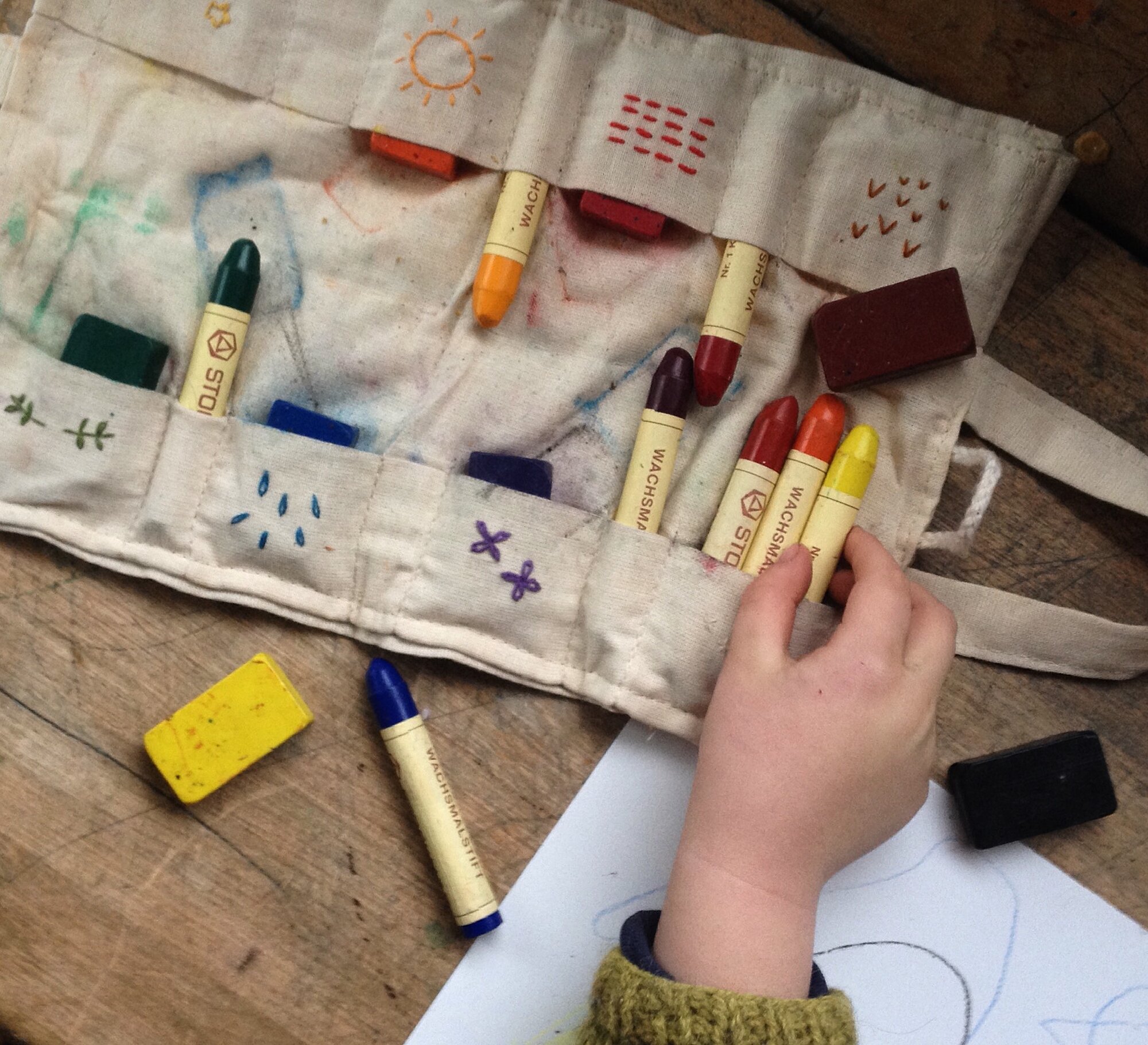
I think it’s important for parents to consider how a prospective toy or item (or even an item on your child’s shelves already) makes the parent themselves feel. ‘Would you enjoy playing with it? Does it engage the senses and invite you to handle it? Is it made in a way that fits with your values?’ I think answering these questions honestly can give a lot of perspective to parents feeling like they’d like to pare down or change how they buy for their children.
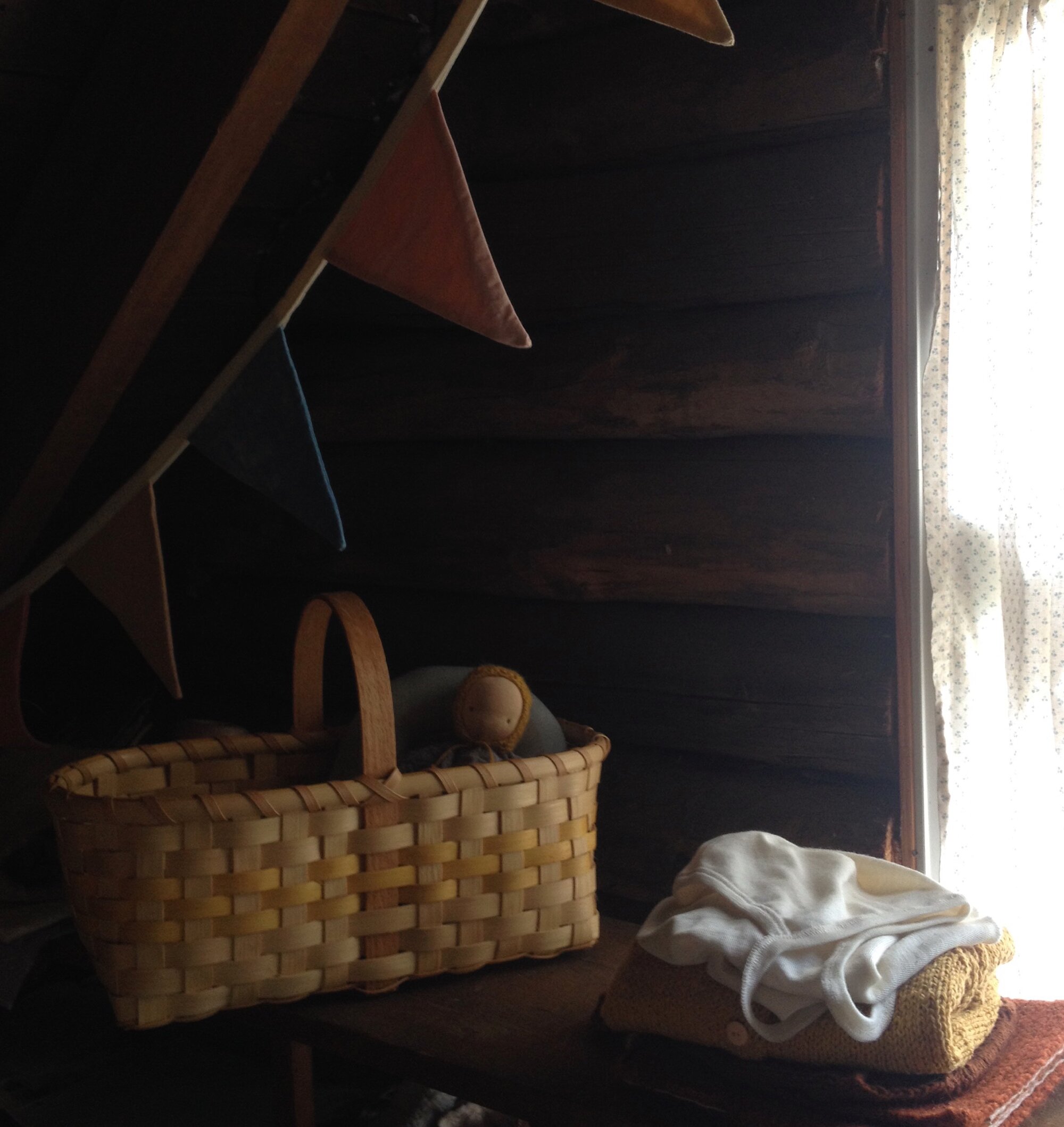
Erin: Based on my own anecdotal experience, there’s a lot of anxiety among parents of young kids about the amount of toys and gifts they’re given. What’s been your approach to kid’s toys so far?
Jessica: Gosh, this is so true. I find the best advice or wisdom I’ve been given when it comes to the amount of toys kids have is that less is always, always more. Children play so much more thoughtfully with open-ended toys that are presented in limited quantities (and they’re easier to put away, too!) I think it’s often hard to tell well-meaning friends and relatives not to buy so much for your child, but it can be freeing as a parent to have that conversation, and most of the time people are very receptive to it. It can help to find a shop you like to buy from and make a wish list there around a birthday or a holiday. Often, folks are happy to oblige but may want some steering in the right direction.
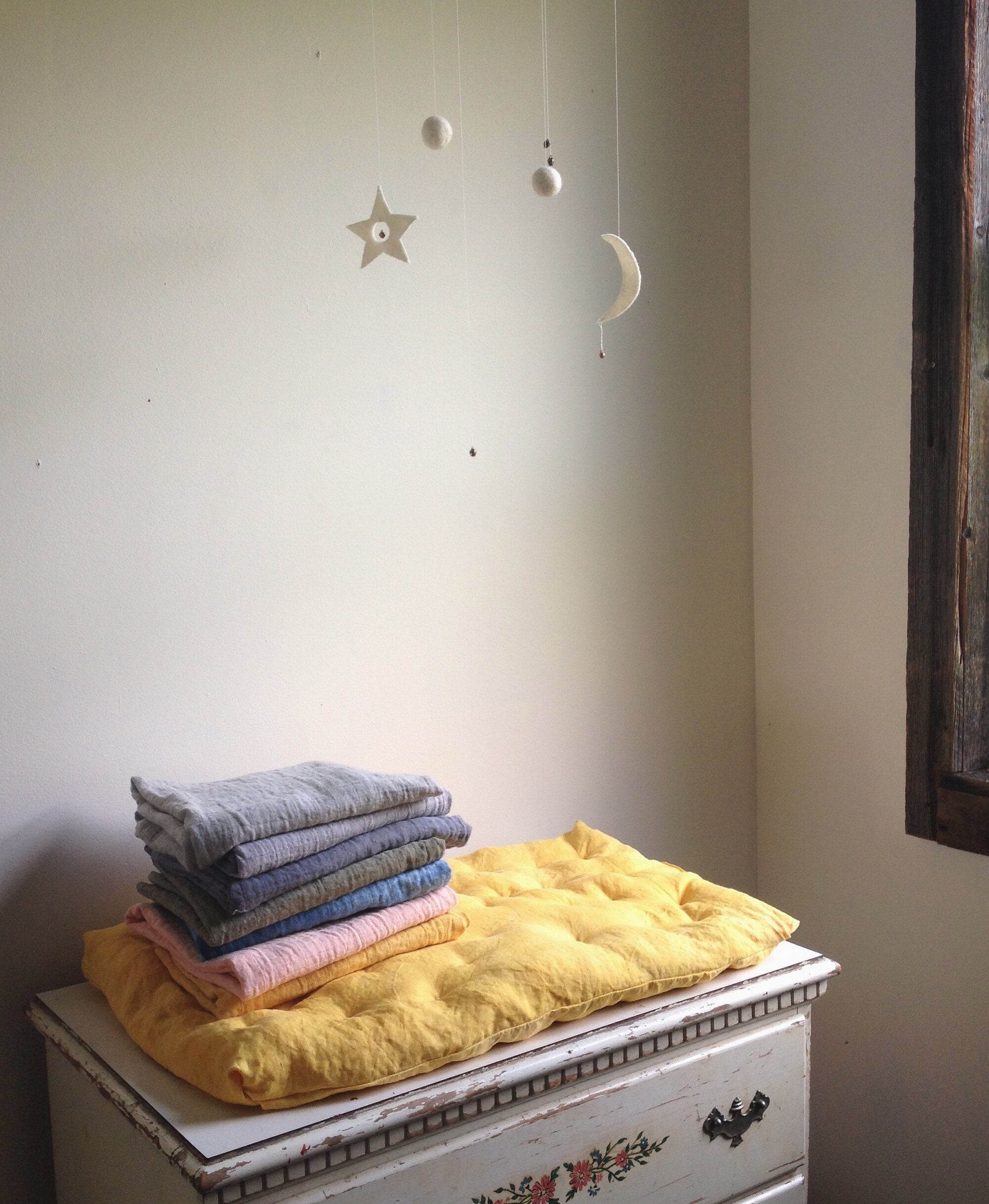 Erin: You live in a small cabin; what’s been your approach to creating spaces for a child (soon children!) in your home so far?
Erin: You live in a small cabin; what’s been your approach to creating spaces for a child (soon children!) in your home so far?
Jessica: Creating spaces for little ones is one of my favorite things to do. We don’t have separate rooms for the children in our cabin, so making small nooks for toys and belongings has become essential. I find when you collect beautiful toys, they’re just as nice to show off on a living room shelf as anything else. I like to consider my son’s comfort in the places he likes to play, making sure they are warm and inviting, and to keep those spaces close to where I do my work or close to the kitchen so we can be engaged with one another throughout the day. I like to change things seasonally and bring lots of natural elements into his spaces – I think it fosters a bit of a sense of magic that children so often love. From a practical perspective, I think it’s essential to provide children with easy access to the things they need and use. A low coat rack for them to hang their own sweaters and jackets, a basket they can reach for hats and mittens, shelves where their art supplies are neatly organized. I think it makes our job as parents easier to foster this independence, and it makes children feel like they really have their own place in the home.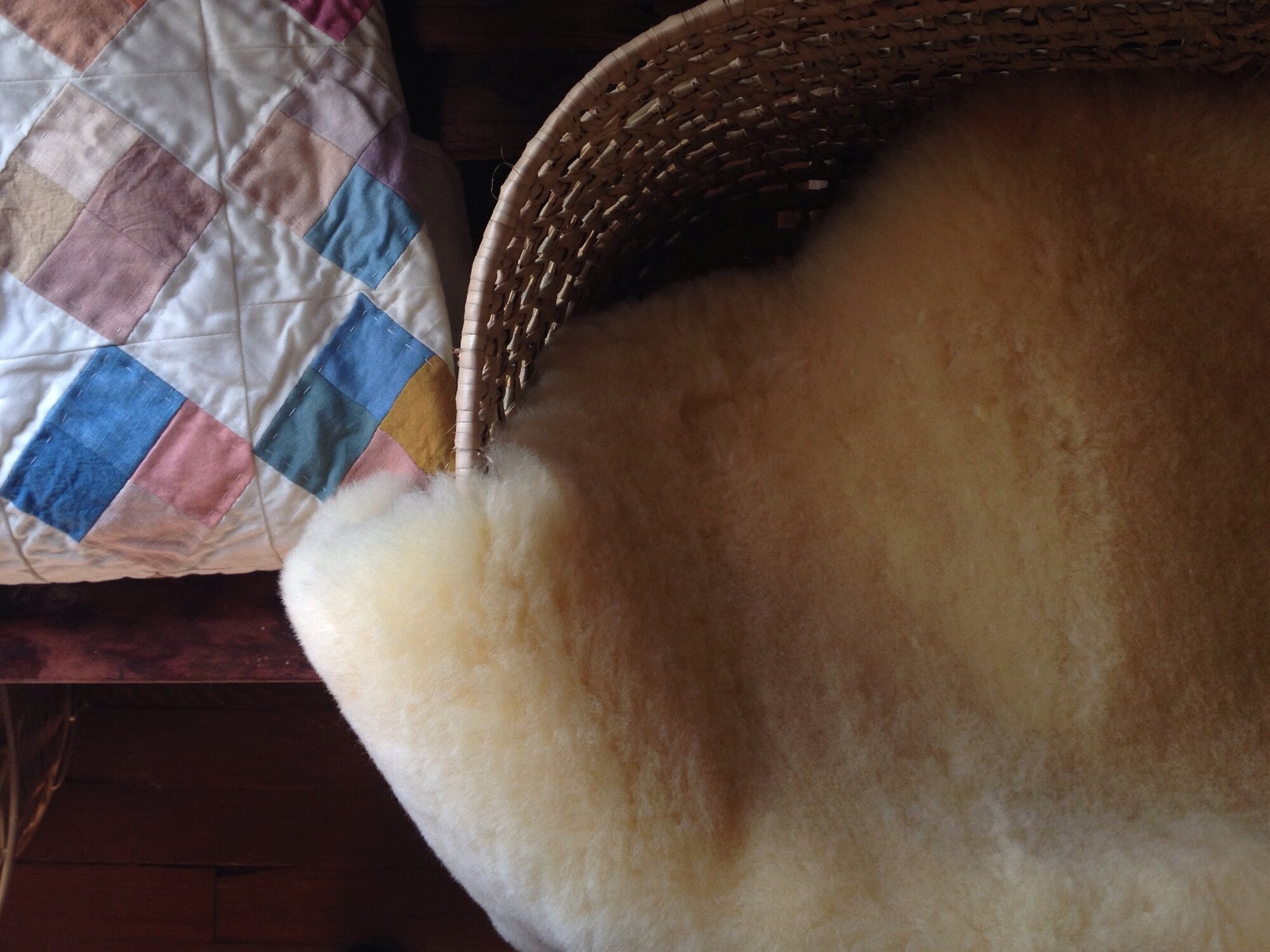
To see Jessica’s beautiful goods, head to her online shop.
To keep abreast of Jessica’s daily adventures, follow @sugarhouseworkshop on Instagram.
The Simple Matters Series is inspired in part by curiosity piqued while writing my book of the same title. I wanted to know what simple matters were for other folks. And why simplicity mattered to them in the first place. My own story came out in January of 2016. It’s available right this way.

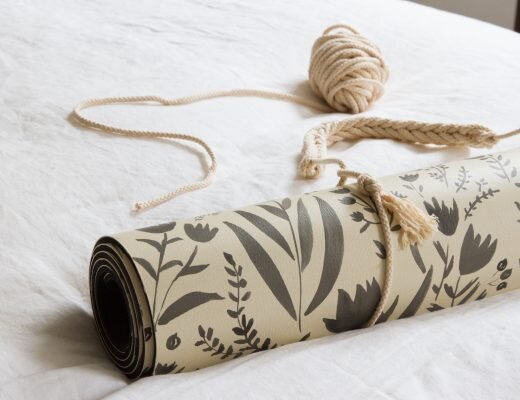
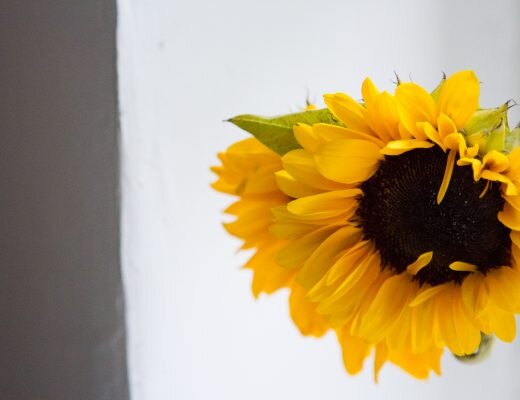

41 Comments
Cet article m’inspire beaucoup et m’encourage à continuer dans la voie de la simplicité pour que notre petit appartement soit le plus sain et durable possible.
Vous êtes une véritable source d’inspiration au quotidien et votre livre est toujours sur ma table de chevet !
Bonne continuation à vous.
Océanne
Oh how I love this series. I want to have each and every one of these interviewees come into my teeny suburban bungalow and make it warm and minimal like theirs! I just ADORE Sugar House Workshop on IG – perhaps it’s because I went to undergrad in VT? Or maybe because my parents live in VT half of the year? Not sure, but I do have a definite tie to the state and her account makes me feel relaxed and cozy. Side note: I am SO SAD I missed out on her second cook book! Boo!
Hi there! Thanks so much for your kind response – and I just listed a few more cook books that can ship out this week if you’re interested. xo
I just downloaded the sample of your book and fell in love since your opening story is an almost exact replica of my current life (even the North Carolina part). I knew instantly I would want the hard copy to highlight and scribble lines under important things so I then ordered it. I can’t wait until it arrives!
So wonderful.
Such an inspiring read. Thank you!
Great interview. It is my dream to someday live in a cabin with a garden and a pond and chickens. The thing I wonder about the most though with people who live like this is–do you get lonely out there all by yourself? Or do you just hope for amazing neighbors who become friends? I imagine there are grandparents who want to visit you–where do they stay since the place is so teeny? I love the idea of a rural lifestyle, but I also love living near friends and family. Sometimes I wish I could take everyone I like and transport us all together into one rural neighborhood but alas life does not work like that.
I wonder that, too, Mary Kate! I’d love to hear Jessica’s take.
That’s a great question, and I earnestly believe it depends on the person. As a fairly introverted person myself, I find the relative solitude to be refreshing. I think it’s also valuable to point out that in a setting as rural as ours, neighbors really do make a wonderful community. My husband is out right now planting garlic with a friend down the road, and we’ll buy our milk from him when his cow calves this spring. Another neighbor will be the doula at my upcoming birth, and we just pressed cider with neighbors on the other side last weekend. As far as relatives and visitors go, I think we’re lucky because our neck of the woods is very tourist-friendly so there are inns and B&B’s within a few miles. While I wouldn’t hate to have some of my nearest and dearest a little nearer, we have found it all balances out pretty nicely most days. 🙂
Thanks for replying! I’m an introvert as well, but I do like having people nearby for when I want to see them–it’s actually easier for me to have people in my life I don’t have to make long-term plans with (I’m terrible at that), who I can just call up if I’m suddenly feeling social and grab a drink with. I love that you’re close with your neighbors!
Nothing for sale left 🙁 Which is sad because her things are so beautiful.
I know it; so much that’s lovely! A very good place to earmark for the future since her limited editions sell out quickly!
Bookmark! Too many marks!
I’ve listed a few more of the autumn and winter cook books if you were looking for those! Thank you for your kind words xo
I already follow Jessica on instagram and have visited her shop a few times. I really enjoyed reading the interview and hearing her perspective on life. I look forward to more simple matter interviews.
Thanks for bringing back this series! It’s so interesting to read about approaches to simplicity and how different it looks on different people. It’s encouraging that the idea of simplicity can bring people with common values together, but it’s possible to make it completely your own.
So lovely!
What a wonderful read. I find Jessica’s outlook and intentional choices so restorative, as with much of what I read here on a regular basis, Thanks to both of you inspiring women!
Thank you for sharing! This was a wonderful piece of peace to read. It reminds me to treasure the beauty of simplicity and to be more mindful in my daily habits of consumption.
I love this series!
This is wonderful and so inspiring. The idea of a handmade home and slow lifestyle is not novel, but how different people approach it seems to be always new. It’s refreshing to see this sort of simplification and definitely something to aim for. I’m taking Erin’s advice and earmarking Sugar House shop for future shopping. Thanks for sharing.
Ha! Earmark, bookmark! You guys know what I meant 😉
We do 😉
After reading this piece, I did a search on books and blogs on simple living and I was surprised by how little I was able to find (other than your book, which I own.) If you have any suggestions for further reading, please share.
Check out fairdare.org and thebeautyinsimple.com! Two of my favorites.
Hey Alex!
There are a few resources in the back of my book. I personally find a hard time finding resources that feel encouraging and not overly sanctimonious or didactic. Everyone’s path with this stuff is different! Zero Waste Home has lots of nice ideas for living without creating a lot of extra waste. The Australian blog Practicing Simplicity also has lots of lovely ideas. I’m also really excited about the new 3191 Miles Apart book, called A Year Between Friends (coming out soon)…it has lots of nice ideas for slow and simple living.
Hope that helps!
Check out simply.living.well, dearestdaughter and growingwildthings on Instagram, slow living, respectful and relatively open about finances as well.
Thank you so much for bringing this series back! It’s so fun to hear from one of my Instagram favorites- truly inspiring. Keep up the great work!
Erin, thank you for bringing this series back! It’s a favorite of mine.
Jessica, I’ve been inspired by your IG pictures and occasional blog posts for sometime. As a maker I’d love to know your sources for materials, especially fabric and notions. Thank you for giving us a glimpse into your life! Best wishes with the birth of your baby! And congratulations to your family! xo
I am trilled about this series and even more thrilled to go back and read the past posts! I love that you are building and sharing in a community of people living simply. It makes the journey less lonely when we are able to learn from others. Thank you!
I feel so at home within this post. having made the big change from big city life to rual country living only recently, all the season tunes, the conciousness is only growing in me. but it is a loud and clear call. and I am very excited about this journey!
What a lovely post! So charmed by everything about this family’s life. Looking forward to more in this series.
Wow, what beautiful crafts Jessica creates. I’m amazed at the nuanced colors produced by natural dyes – they look so alive compared to commercial fabrics.
One thing I wonder about when I read similar stories, and I know this is super awkward to discuss but also a huge part of it, is how the finances work. This is a life I would like to pursue, but I can’t see how to get there financially. Do folks who do that have savings from previous lucrative careers or family money or do they just sell everything and take a risk? So curious how that works.
I am with you, Missem. I would love to better understand the financial aspect too. If there are savings from a previous lucrative career and/or family money, great and good for them (“them” meaning anyone in this position). That’s just the way life works sometimes. However, if not, how do they do it? What about saving for a home/paying off a mortgage, maxing out retirement accounts, college savings accounts, childcare costs, healthcare costs, etc? It all adds up! I love reading stories like this too, but agree that too often the financial nuts and bolts aren’t discussed so these just seem aspirational rather than obtainable lifestyles for the rest of us. Not that we need all the details since finances are, of course, a personal matter, but adding a bit of transparency would be super helpful in better understanding how one can shift to this type of lifestyle.
Hi there! I find the financial aspect of people’s lives to be fascinating too. Also agreed it can be a sensitive subject to broach head on and it’s something that often feels a little opaque. I can’t speak for Jessica specifically of course, but I think that while it’s tempting to imagine that the answer to a lifestyle that looks different from one’s own is a hidden bank account or trust fund, I think more often folks are working hard to make ends meet in all sorts of ways: families with two-person incomes, living off the land, limited living and childcare expenses due to alternative choices, opting out of other sources of financial strain by shifting their consumer habits and priorities. I’m sometimes saddened that there’s a prevalent “minimalist” narrative that includes wealthy (typically) men deciding to shed themselves of their enormous fortunes in an effort to live more more simply. I think it’s far more common for folks to make small choices that allow for a simple lifestyle without there ever having been a massive shift in financial comfort. Shorter version: one must not first be fabulously wealthy in order to live simply. In two of the interviews from last year, interviewees actually discussed how making a lifestyle change allowed them to stop paying for burdensome and expensive mortgages. Specifics are different for everyone, but I think that for lots of folks the very efforts to live simply are indeed what make the financial side of things possible in the first place. Hope that helps a bit!
That’s helpful, Erin, thank you! I agree. And there are so many factors. We live in a city bc that’s where the job my husband wants to pursue is located, and that means that to live a life around our choices (his job, my desire to be home with our kids), we can’t afford to save very much and are in a lower rental bracket than we would perhaps prefer, all things being equal. We also chose to take on student debt instead of living debt-free, and that alters things financially. But with hard work and at least one different priority (that being the career) and debt paid off, we could probably make a go of it in a more rural area where house prices are lower.
You know, this is on our own minds all the time! And I’m generally more than willing to talk about it. In our case specifically, we do not have income from a past career or any assistance outside of ourselves, so all I can really say is we make ends meet as best we can. It is not always easy – my husband has a long commute to work, and would probably take a different job if we didn’t depend on his income so heavily. Limiting our need for childcare, having a garden and chickens to help with the food costs, sharing a car, and my own income working on Sugarhouse projects from home help tremendously. I think it’s different for everyone or every family, but for the most part it’s about figuring out what you really do and do not need and what you’re willing to give up to have the day to day life you love. We are certainly still figuring it all out ourselves, but we feel lucky to work hard to stretch our income as far as we can with a little extra hard work. I hope that helps to add a bit of insight!
Thank you Erin and Jessica for your thoughtful responses and willingness to broach this subject. I appreciate it! I am all about living simply and for the most part do (my husband and I live well below our means despite the fact we live in NYC) and I think you are right that it is such an individual decision and experience based on a combination of values and your level of comfort with making ends meet at the end of each month vs having a cushion for large unexpected expenses and future goals. I guess I am still figuring out where my middle ground is and reading blogs like this and stories like Jessica’s is super helpful. Thank you again!
I really enjoyed reading these questions and answers. I’m not a parent, but many of the things you discussed had me thinking about my living space and my priorities. Thanks!
Thanks Erin for this series. I’m loving every bit of your interview with Jessica. Her work is beautiful. And those pictures! A dream. 🙂
Agh so magical. I especially enjoyed the discussion on the financial side of things. It’s interesting to see how different families tackle this issue because it’s certainly a big one that could make or break a lifestyle choice.
Great interview! Thank you for sharing!
Comments are moderated.